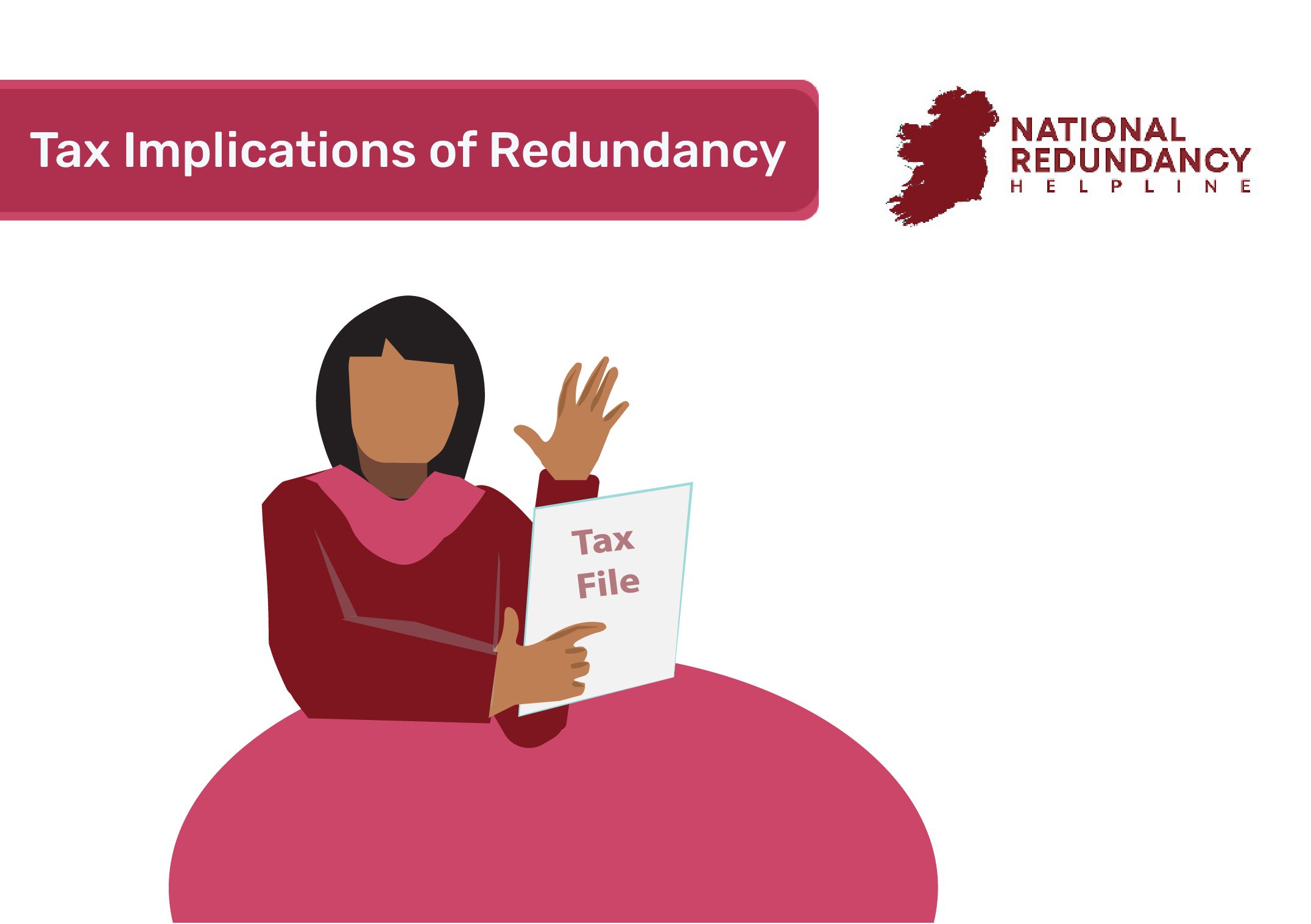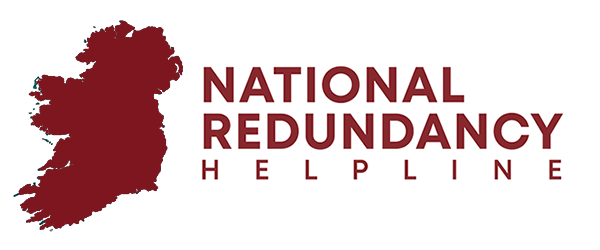Redundancy is something that can occur to anyone, at any given time. Although no one ever expects their role to be terminated, it is important to know how to react to such an occurrence.
In Ireland, you will have the benefit of a redundancy payment. This means that you will be provided with a lump-sum payment following the termination of your position.
This payment can prove to be massively beneficial in regards to helping to keep people on their feet and financially stable.
The more you can know about redundancy, the better you will be equipped to deal with such a scenario. This includes who is a viable candidate for a payment, and amounts that you might look to receive.
It is also important to understand the tax implications of redundancy.

Do I have to pay tax on my redundancy pay?
Depending on your circumstances, your redundancy pay may be tax-free.
Statutory redundancy is completely tax free. This means that the amount you receive will be tax free in its entirety.
If the payment you have received was made as a result of death, injury and disability, then this will also mean your payment is tax-free. This is only applicable to the maximum lifetime limit of €200,000.
When you file an employee rights claim and receive your payment due to this, then this will be tax free.
There are also some instances in which your payment is not entirely exempt from tax.
If you receive a non-statutory redundancy payment from your employer that is over the statutory payment amount, then you will have to pay tax. This is considered an ex-gratia payment.
In the case where you received payment in lieu of your notice, then you will be required to pay tax. This is also the case if this was included in the terms of your contract.
Redundancy tax back entitlements
Following redundancy, you will be entitled to claim some of your previously paid tax back. You can claim this back on a number of different exemptions.
Some of these exemptions include:
- Basic tax exemption
- Basic tax exemption and increased exemptions
- Standard capital superannuation benefit (SCSB)
Basic tax exemption
Basic exemption means that you will be entitled to €10,160 when you are made redundant. This figure can also increase by €765 for each year you have been in service.
For example, if you were receiving tax back as someone who provided a service for 10 years, you would receive €10,160 plus an additional €7,650.
This means the total amount you would be entitled to receive would be €17,810.
Basic tax exemption and increased exemptions
You may also be entitled to an additional €10,000 in regards to paybacks. You can be entitled to this increased exemption if you haven’t received a lump sum in the previous 10 years.
You must also not be receiving lump sum pension payments currently, or in the future.
An example of this would be if you were in service 10 years, haven’t received a lump sum in the previous 10 years and will not receive a pension lump sum payment in the future, then you will receive €27,810.
Standard capital superannuation benefit
If you are someone who has higher earnings or has been in service for a longer time, then SCSB is something you could benefit from. This can be used if the amount you would receive through SCSB is higher than the amount you would get with basic and increased exemptions.
Your annual income will be divided by 15. Then, it will be multiplied by the number of years you were in service for your employer.
Any lump sums you have received or will receive in the future will be deducted from this figure.
For example, if you were on an annual age of €100,000 per year and in service for 12 years, it would make more sense to use the standard capital superannuation benefit. This would see you receive €80,000.
Learn more about your redundancy tax
The more you know about your tax redundancy, the better your outcome is going to be. That is why it is a good idea to get in touch with The National Redundancy Helpline.
Here, we have a team of experts who will help to answer your questions and provide the best results.
Take an online assessment today and find out what your situation entails. You can also email at info@nationalredundancyhelpline.ie, or request a callback online.



